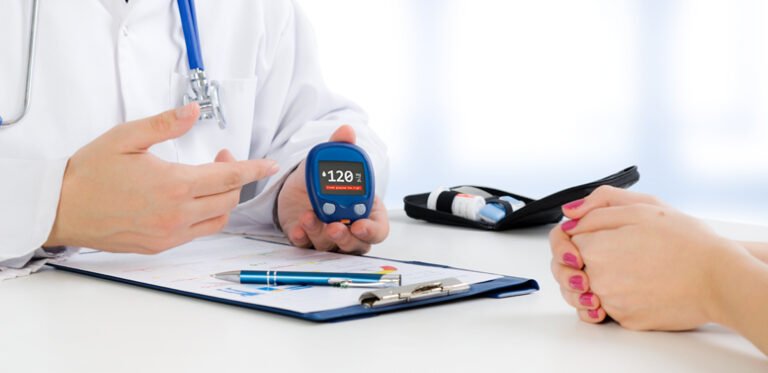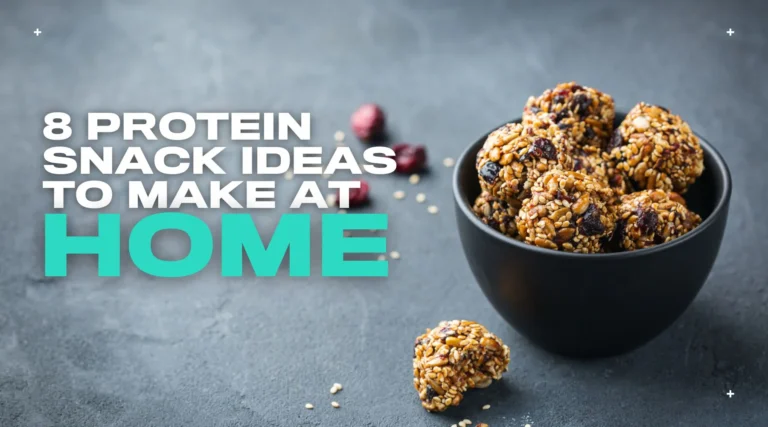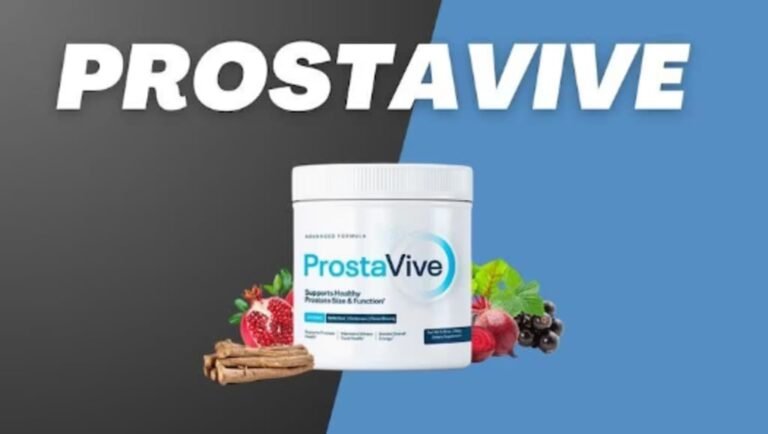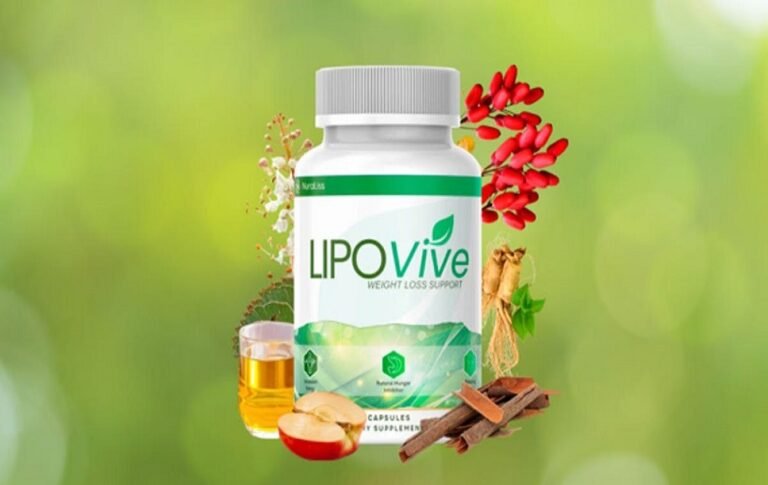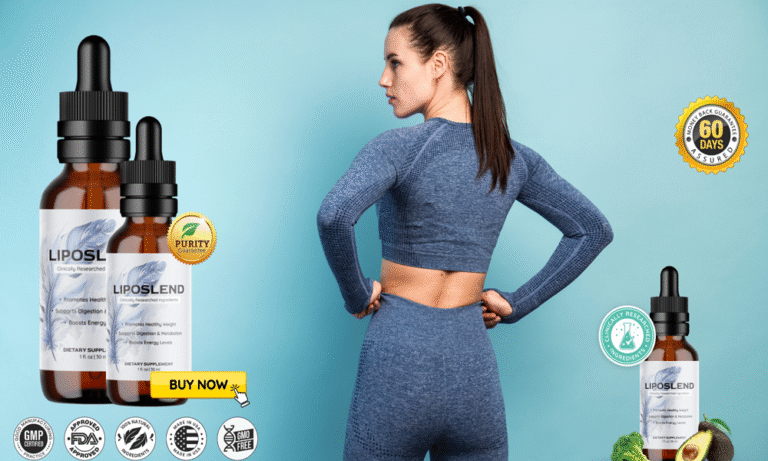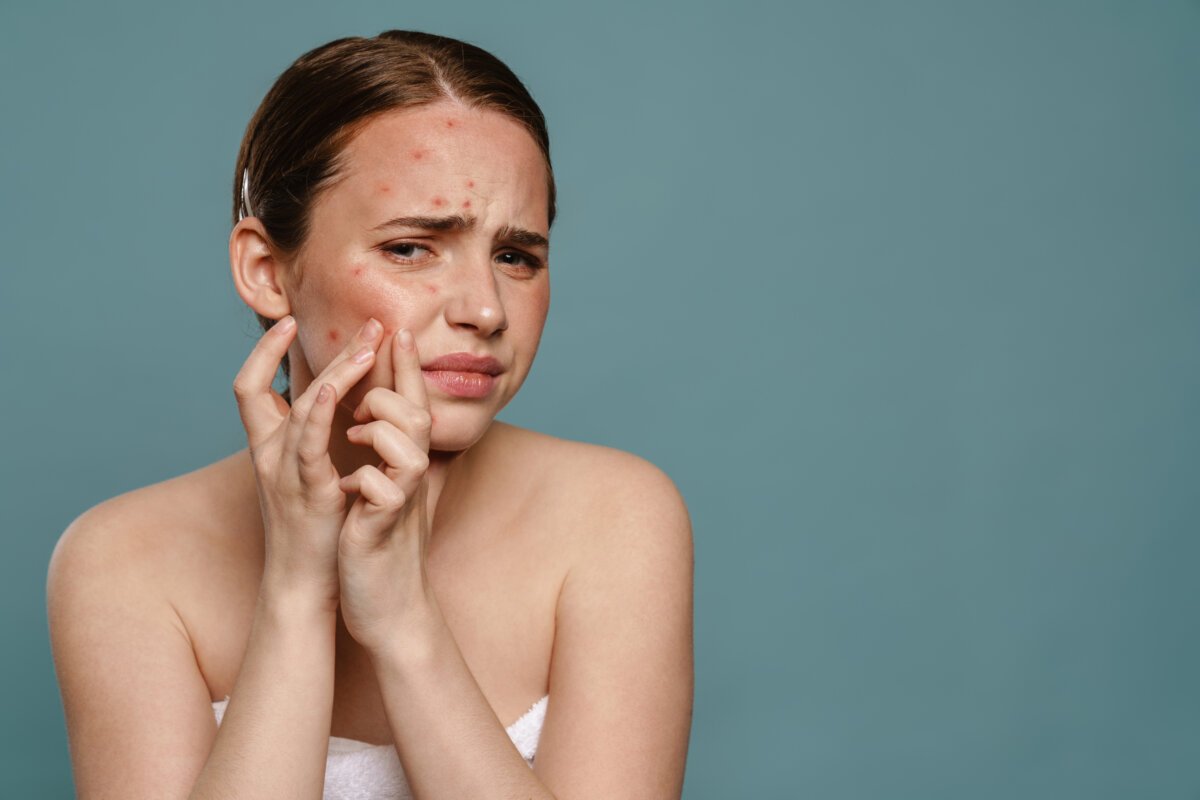
Acne Around Mouth Treating Troublesome Spots
Acne Around Mouth: Treating Troublesome Spots
Acne is one of the most common skin concerns worldwide, but when pimples appear specifically around the mouth, it can be frustrating, uncomfortable, and sometimes confusing. Known medically as perioral acne, these breakouts can occur due to a range of factors—from lifestyle habits to hormonal changes.
In this guide, we’ll explore the causes, treatments, and prevention methods for acne around the mouth, giving you actionable solutions to manage and reduce these troublesome spots.
Why Does Acne Develop Around the Mouth?
Unlike general acne on the cheeks, forehead, or chin, acne around the mouth often develops due to a combination of external irritants, hormones, and daily habits.
Common Causes Include:
Hormonal Fluctuations Shifts during menstruation, puberty, or stress can trigger oil production.
Cosmetic and Skincare Products Heavy lip balms, oily makeup, or certain toothpaste (with fluoride or SLS) can clog pores.
Dietary Factors High sugar, dairy, or processed foods may worsen inflammation.
Friction and Irritation Constant touching, leaning on hands, or mask-wearing (maskne) contributes to breakouts.
Stress Cortisol increases oil production, fueling acne formation.
Types of Acne Around the Mouth
When dealing with breakouts, identifying the type of acne helps with treatment.
- Whiteheads → Small, pus-filled bumps caused by clogged pores.
- Blackheads → Open pores blocked with oil and dead skin.
- Papules & Pustules → Red, inflamed pimples that may or may not contain pus.
- Cystic Acne → Deep, painful nodules under the skin caused by severe inflammation.
Effective Treatments for Acne Around the Mouth
- Topical Solutions
- Benzoyl Peroxide → Kills acne-causing bacteria.
- Salicylic Acid → Unclogs pores and reduces inflammation.
- Retinoids (Adapalene, Tretinoin) → Promote skin cell turnover.
- Niacinamide → Soothes redness and supports skin barrier repair.
- Oral Medications
For moderate to severe acne, dermatologists may recommend:
- Antibiotics → To reduce bacterial activity.
- Hormonal Treatments → Birth control pills or spironolactone for hormone-driven acne.
- Isotretinoin → For severe, resistant acne cases.
- Lifestyle Adjustments
- Wash your face twice daily with a gentle cleanser.
- Avoid touching your mouth and chin frequently.
- Change pillowcases and face masks regularly.
- Reduce intake of sugar, dairy, and greasy foods.
- Natural Remedies (Supportive, not primary treatment)
- Tea Tree Oil (diluted) → Antibacterial and anti-inflammatory.
- Aloe Vera Gel → Calms redness and irritation.
- Green Tea Extracts → Reduces sebum production.
Preventing Future Breakouts Around the Mouth
- Choose Non-Comedogenic Products → Use skincare and makeup labeled “oil-free” or “won’t clog pores.”
- Be Mindful of Toothpaste → Switch to SLS-free or natural toothpaste if irritation occurs.
- Hydrate Properly → Water helps flush out toxins and supports skin health.
- Manage Stress → Meditation, yoga, or exercise helps balance hormones.
- Maintain a Balanced Diet → Include whole foods, vegetables, lean protein, and omega-3-rich sources.
When to See a Dermatologist
While mild acne can often be treated at home, you should consult a dermatologist if:
- Pimples are painful, cystic, or spreading rapidly.
- Over-the-counter treatments don’t improve acne after 8–12 weeks.
- Acne leaves dark spots or scarring.
- Breakouts are linked to severe hormonal imbalance.
Final Thoughts
Acne around the mouth can be stubborn and emotionally draining, but with the right care, treatment, and preventive measures, you can regain clearer, healthier skin. From gentle skincare routines and mindful product choices to targeted treatments and professional help, there are many paths to improvement. https://healthreporter.com.au/
Remember: healing acne is a journey, not an overnight fix. Consistency, patience, and professional guidance are key to managing these troublesome spots around the mouth effectively.
